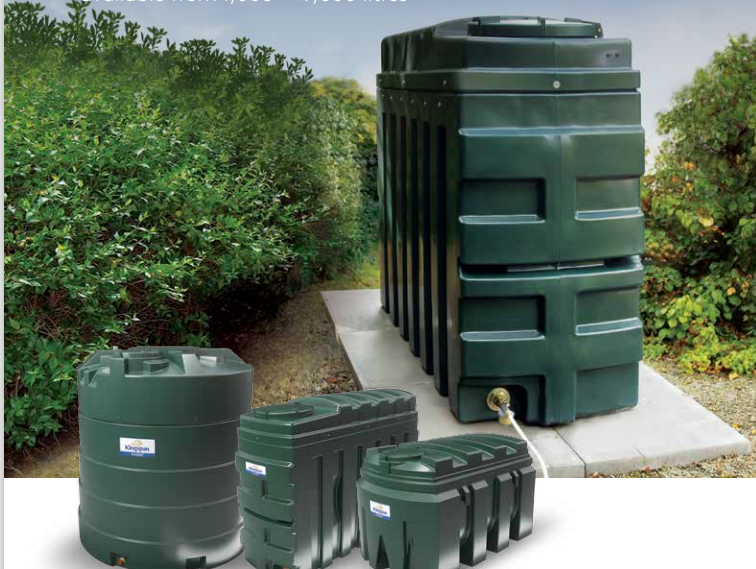One of the main reasons homes are losing heat to their domestic heating oil is through lack of or bad quality insulation. Insulation is recommended to enhance thermal performance. There are many different types of insulation such as man-made, natural or environmentally friendly. Read below to find out which best suits your home.
Types Of Insulation
Blanket/Batt - This is one of the most popular ways of insulation. It is made from rolls of fibreglass, felt, rock or mineral fibre. The blanket/batt is good for houses that use domestic heating oil and larger spaces and can be used to insulate floors, walls, ceilings and attics. Some of the materials used to make this can be irritant to the skin so you may not want to choose this if you are going to be in regular contact with it.
Sheets- Sheet insulation comes in firm boards that can be cut to size, moisture/fire resistant. The benefits of sheet insulation are that it can be the greener option as different natural materials can be used such as wood or cork and have a high insulating value per unit thickness. The downside to using sheets is that it can be expensive compared to other options.
Loose-fill - This insulation is made from lighter materials, such as cork, mineral wool or even old recycled newspaper. Loose-fill loft insulation works best in hard to reach places or for top-ups of previously insulated places.
Blown Fibre - This insulation is usually installed by a contractor, the fibre is blown in between joist gaps in the roof. This is also a great option for difficult areas. The greener alternative to this would be to use recycled wool or paper. This isn’t recommended for domestic heating oil properties with draughty lofts and is one of the more expensive options.
It’s wise to speak to a professional for the most suitable option for your home. If you are installing yourself make sure that you follow the correct safety procedures and use appropriate tools and protective clothing.
Benefits of Insulating Your Home
Reduces Cost Of Heating Bill -
One of the main benefits of insulating your house is seeing a reduction in your heating bills. Adding the recommended amount of 270mm of Loft insulation could help you save up to £180 per year. The initial cost of installing the recommended amount is approximately £300 meaning it would pay itself off in only two years with the savings you have made.
Reduces Heating Loss -
In your home, hot air always rises to the top of your house and can escape through the roof. Having your attic insulated will prevent it from escaping. The better your home insulation is, the less you will have to rely on your domestic heating oil to keep you warm.
Reduce Environmental Impact -
Another benefit of insulating your home is that it can greatly reduce thermal energy consumption which in turn reduces carbon dioxide emissions that are released in the atmosphere. For more information on becoming a greener heating oil visit our blog here.
Insulation is an investment that can reduce the cost of your domestic heating oil bills and the cost will pay for itself in as little as a few years. For more information on tips to save money on your heating bills visit our blog post on how to cut down the cost of heating your home this winter.












Completely running out of heating oil can leave you without hot water or heating, this is especially inconvenient during winter when it’s needed the most. Running fully dry of heating oil is easily done by not keeping an eye on your fuel levels or from fuel theft